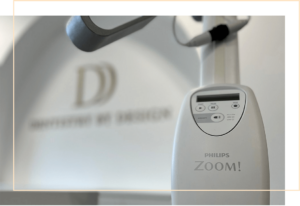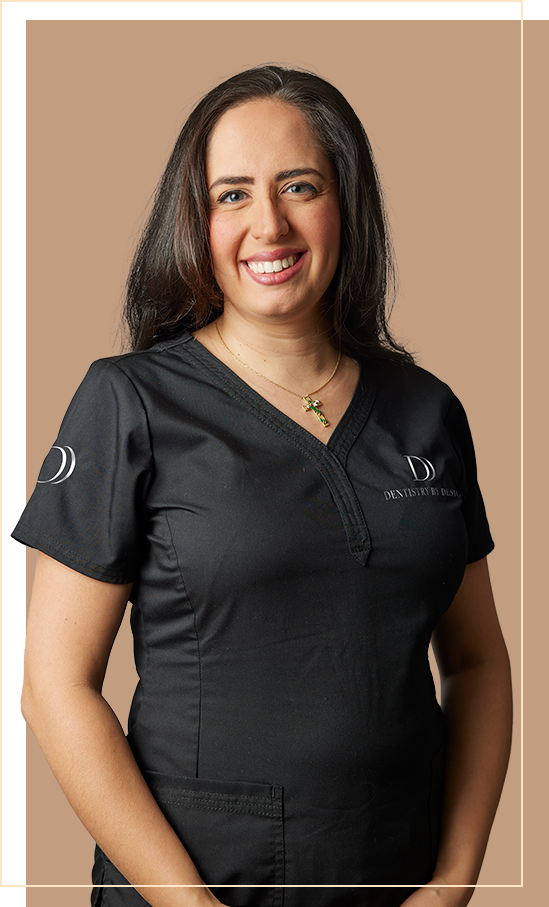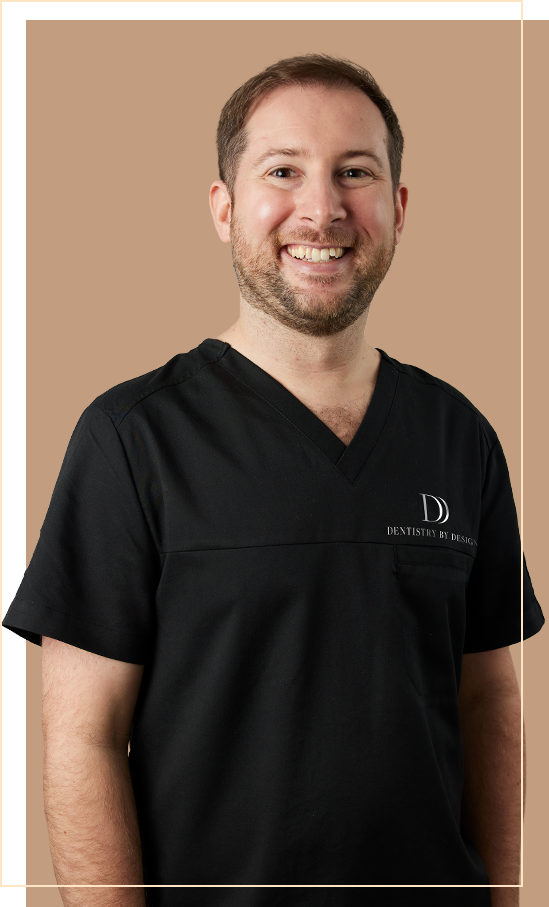We’re here to help you understand the impact of alcohol on your oral health, and if it’s bad for your teeth. While enjoying a drink can be part of a healthy lifestyle, it’s important to be aware of the potential risks to your teeth and gums. In this article, we’ll delve into how alcohol can affect your oral health and what steps you can take to protect your pearly whites. So sit back, relax, and let’s dive in!
As long as you drink responsibly, alcohol can be part of a healthy diet. However, even moderate alcohol consumption can increase your risk of oral health problems, especially if you also smoke and don’t take good care of your teeth.
As long as you drink responsibly, alcohol can be part of a healthy diet. However, even moderate alcohol consumption can increase your risk of oral health problems, especially if you also smoke and don’t take good care of your teeth.
Here are some ways alcohol can negatively impact on your oral health.
Raising the risks
Excessive alcohol consumption is a risk factor for a number of dental diseases, which are often linked to problems in other parts of the body.
Does Beer Stain Teeth? People with alcohol use disorder are more likely to have plaque on their teeth and a corresponding higher risk for tooth decay and gum disease. This could be due to the acidity of many alcoholic drinks, such as wines, cider and mixers, as well as poor oral hygiene.
Is Beer Bad for Teeth? After tobacco use, alcohol abuse is also the second major risk factor for oral cancer, believed to be responsible for around 31% of mouth cancers. Your dentist can perform an oral cancer screening during your regular dental check-up if they think you might be at risk.
Alcohol can also affect reaction times and judgement. This could mean you’re more likely to injure or knock out a tooth after drinking if you slip, trip or fall or have other accidents.
Alcohol and Gum Disease: Heavy alcohol consumption can also increase the risk of developing gum disease. Alcohol can cause inflammation in the gums which can lead to the destruction of gum tissue and bone that support teeth. This can lead to tooth loss and other oral health problems.
Dry mouth
Does your mouth often feel dry and dehydrated after drinking alcohol? That’s because alcohol reduces the amount of saliva your mouth produces, especially if you consume strong drinks such as spirits.
Saliva is a natural cleansing agent for your mouth, which helps to rinse away bacteria from the tooth’s surface. If saliva production is restricted, this can increase your risk of tooth decay and gum disease. Regular heavy drinking can increase your risk of developing dry mouth syndrome (xerostomia).
Teeth staining
As well as the oral health risks, many alcoholic drinks can also contribute to teeth staining and discolouration.
Strongly-coloured drinks such as red wines and dark beers can leave chromogens (pigments) on teeth surfaces, which can’t normally be removed simply by brushing and may require a treatment such as teeth whitening.
Acidic drinks such as white wine and beers, and sugary drinks such as soft drink and fruit juice mixers, can also weaken teeth, making them easier to stain.
How to stay safe
You don’t have to give up alcohol completely to look after your teeth, but you should take steps to protect them, such as:
- drinking plenty of water to keep your mouth hydrated and prevent stains
- chewing sugar-free gum to stimulate your saliva glands
- brushing your teeth before going to sleep, at least 30 minutes after your last alcoholic drink
- not missing your regular dental check-ups so your dentist can alert you to any possible problems and treat these before they become more serious.
Talk to our dentists in Balmain
If it’s time for your check-up and clean or you need any advice about your teeth and gums, get in touch with our friendly team at Dentistry By Design. Call us on 02 9810 5507 or contact us to book an appointment today.








